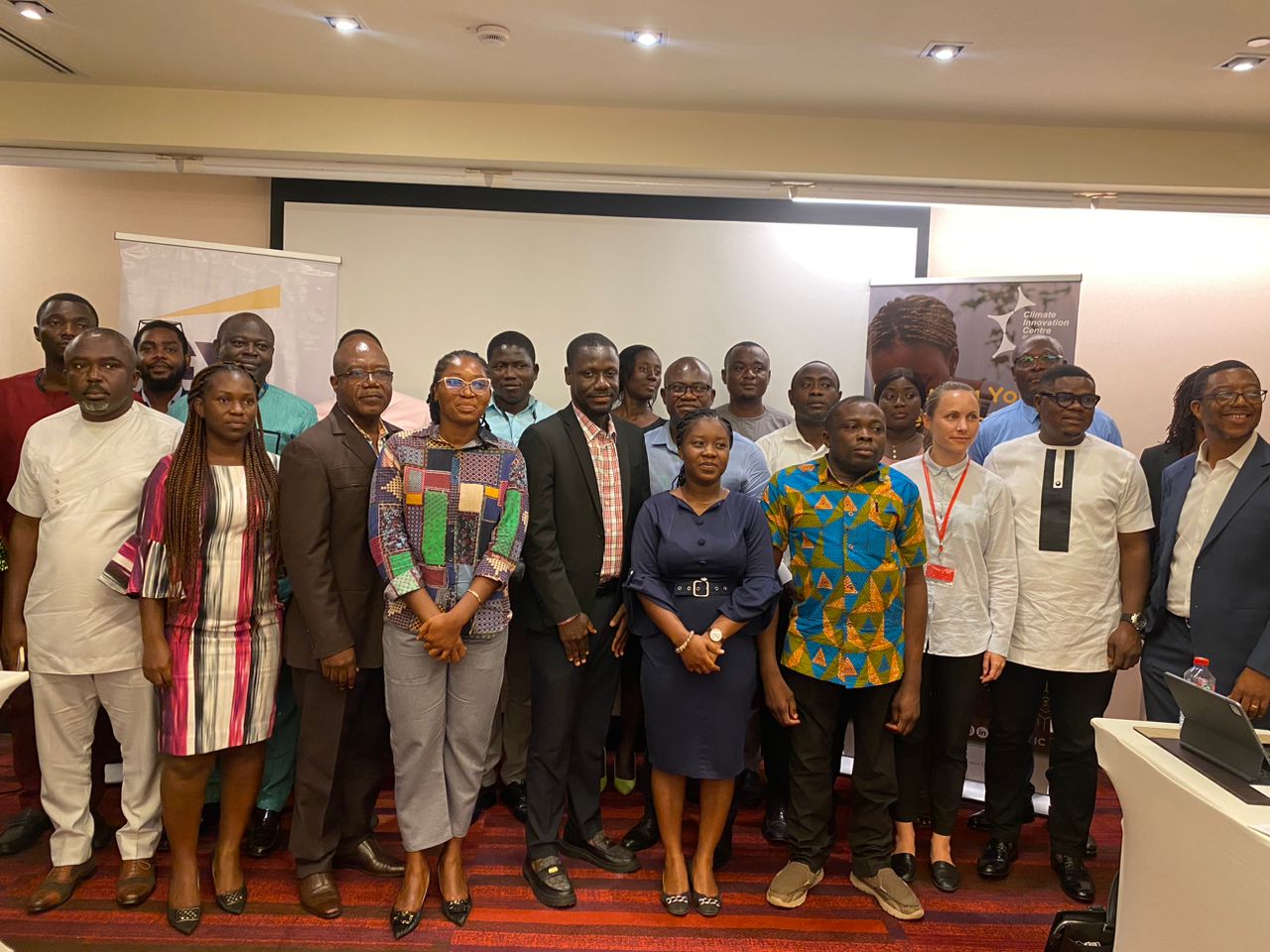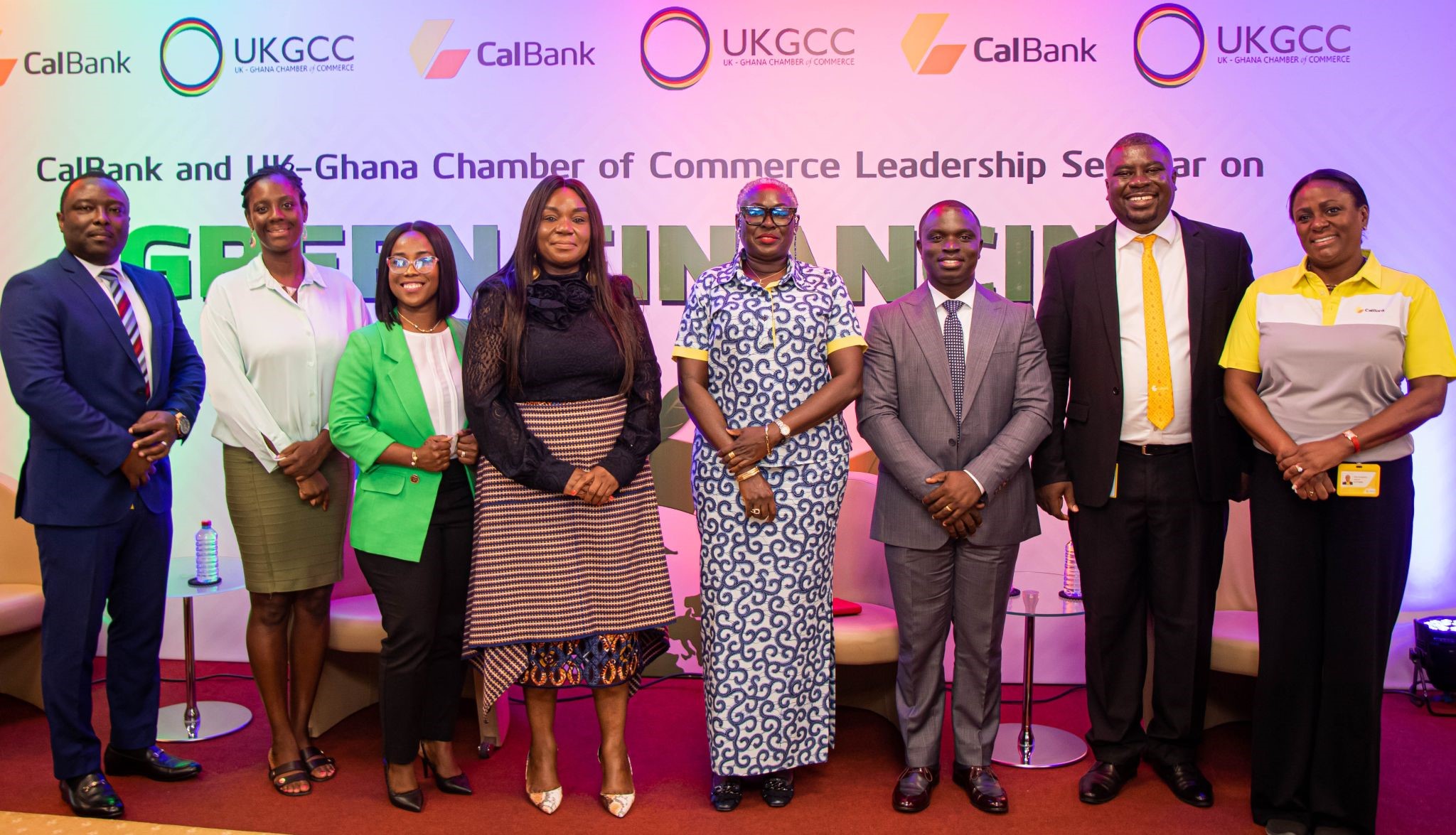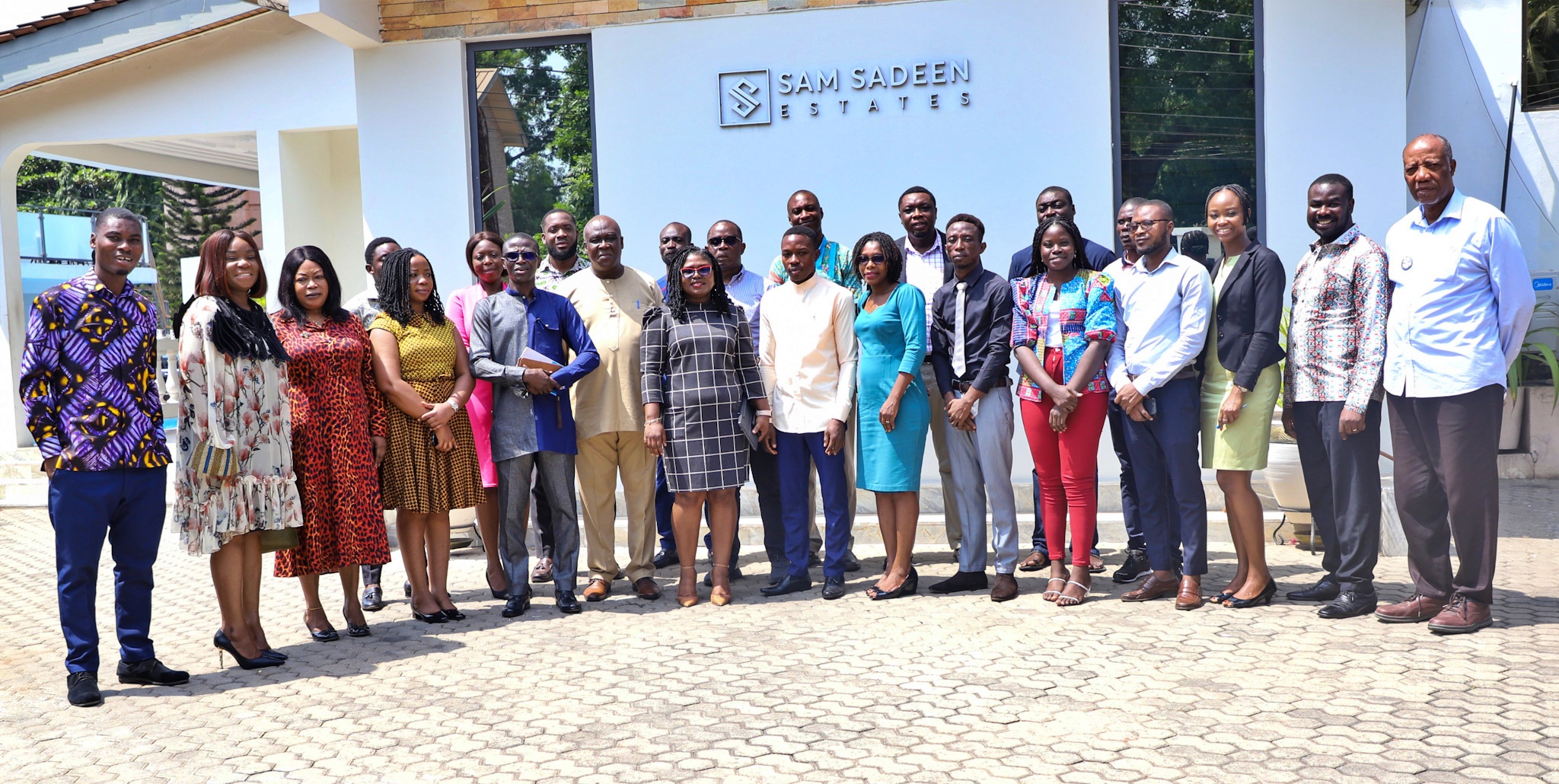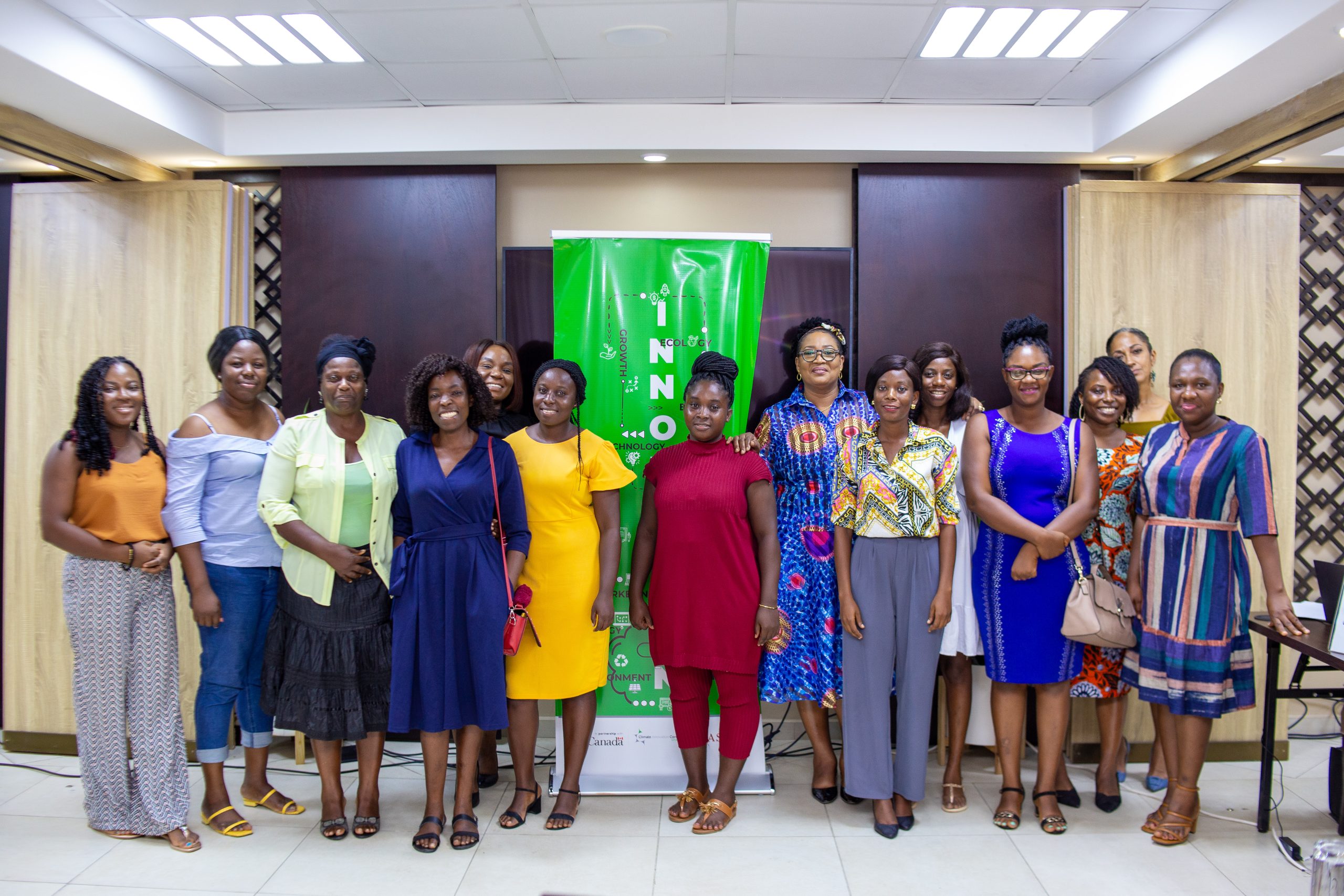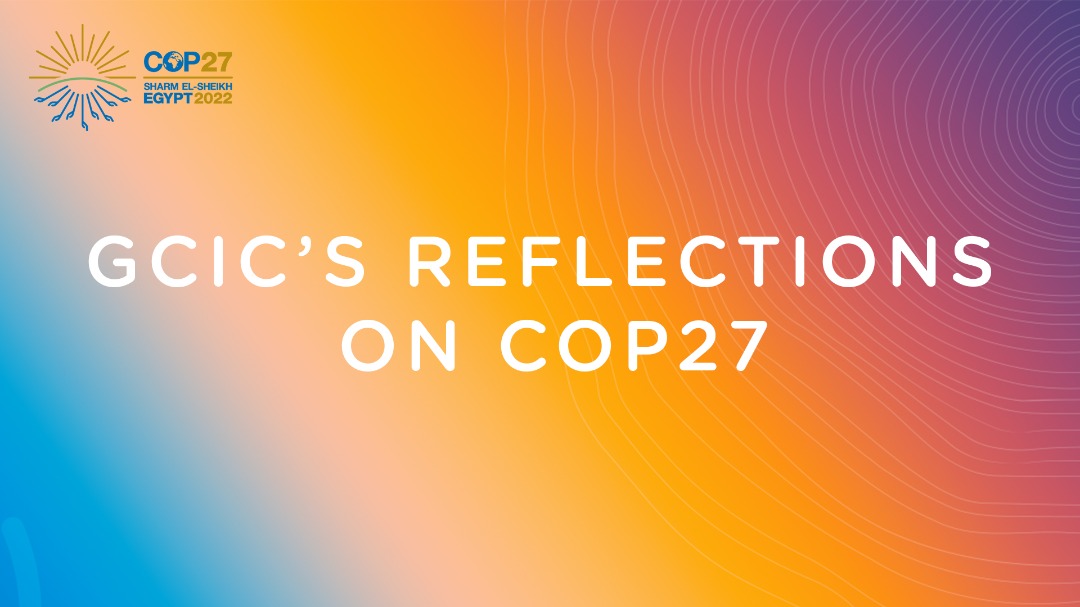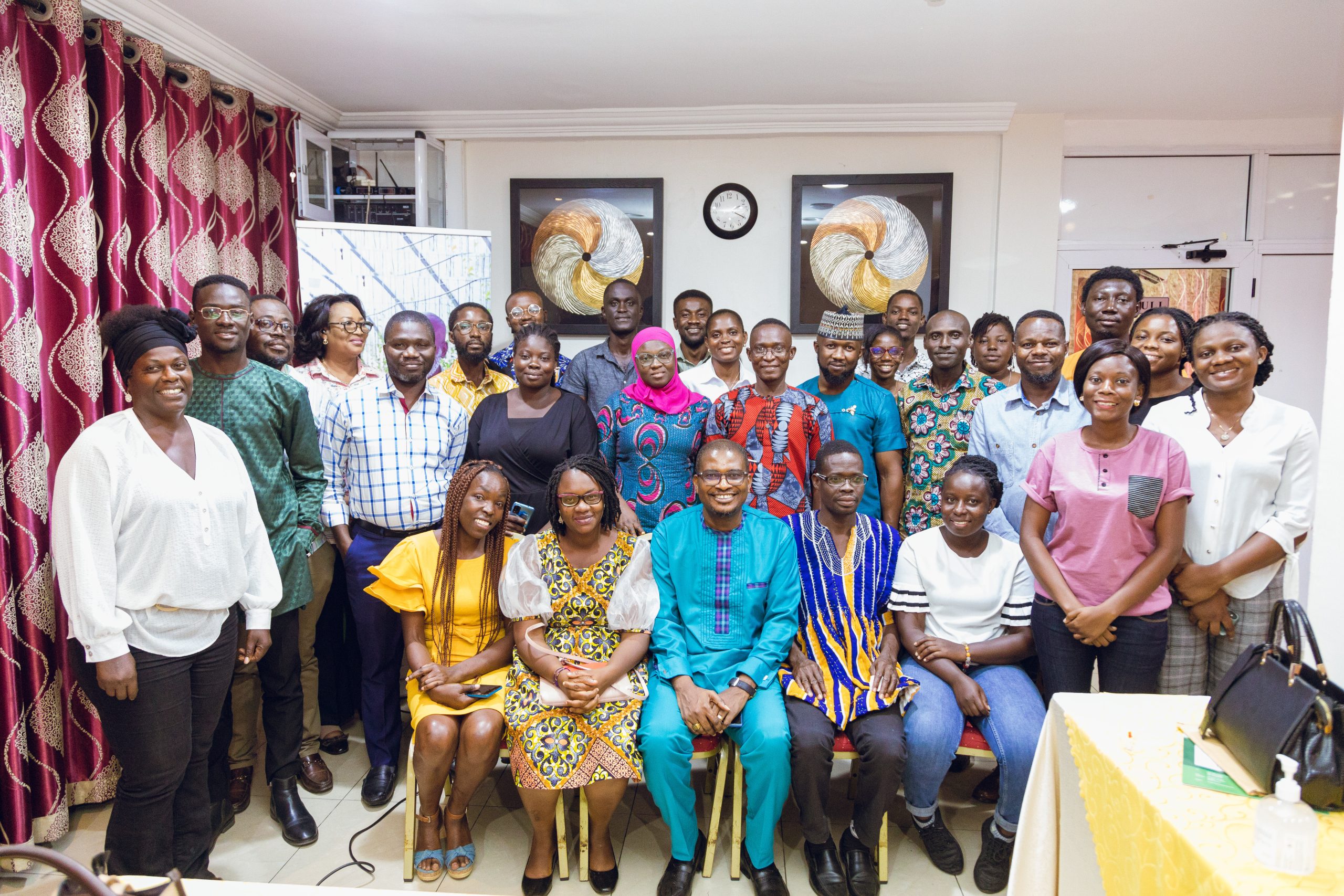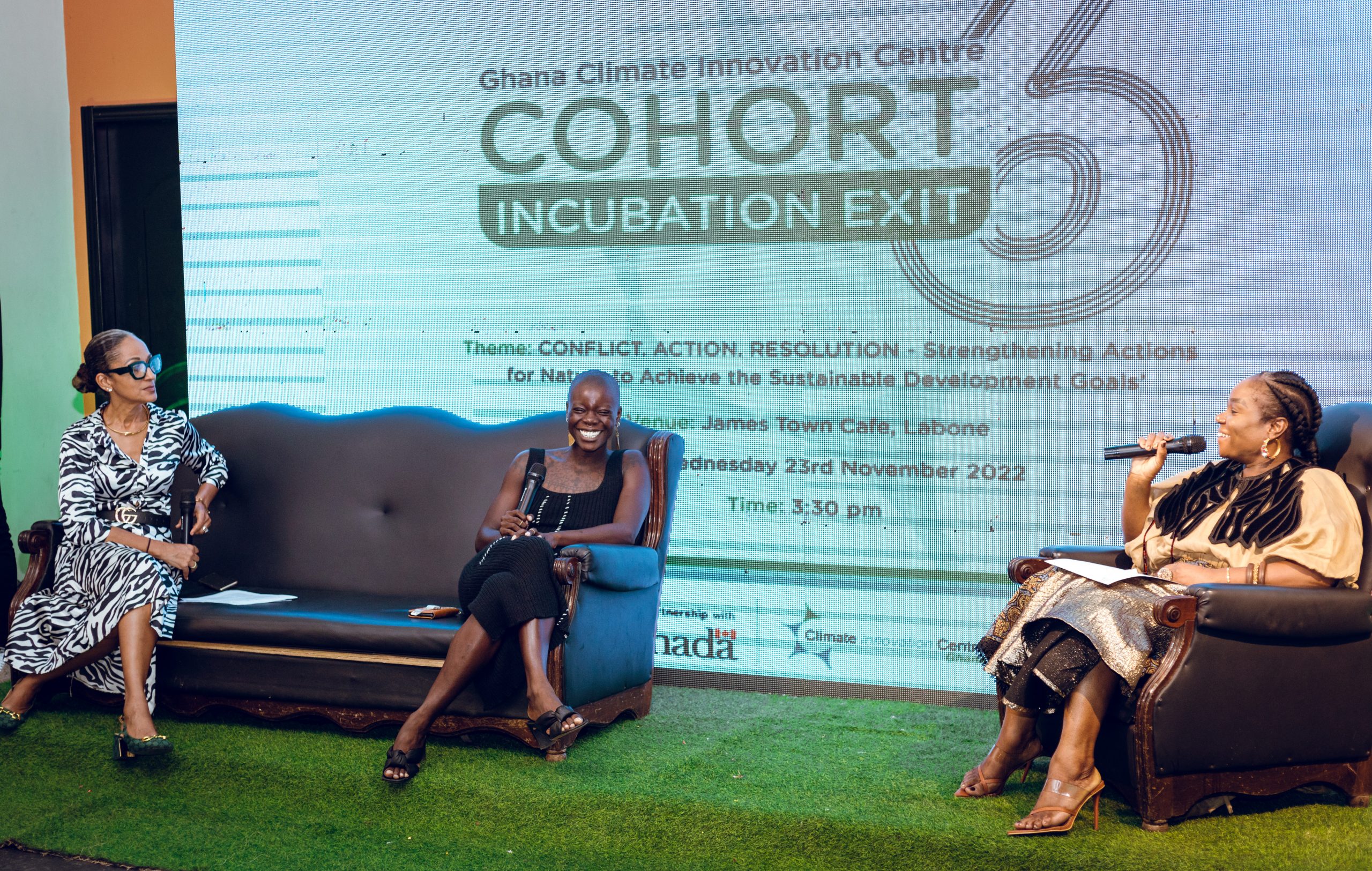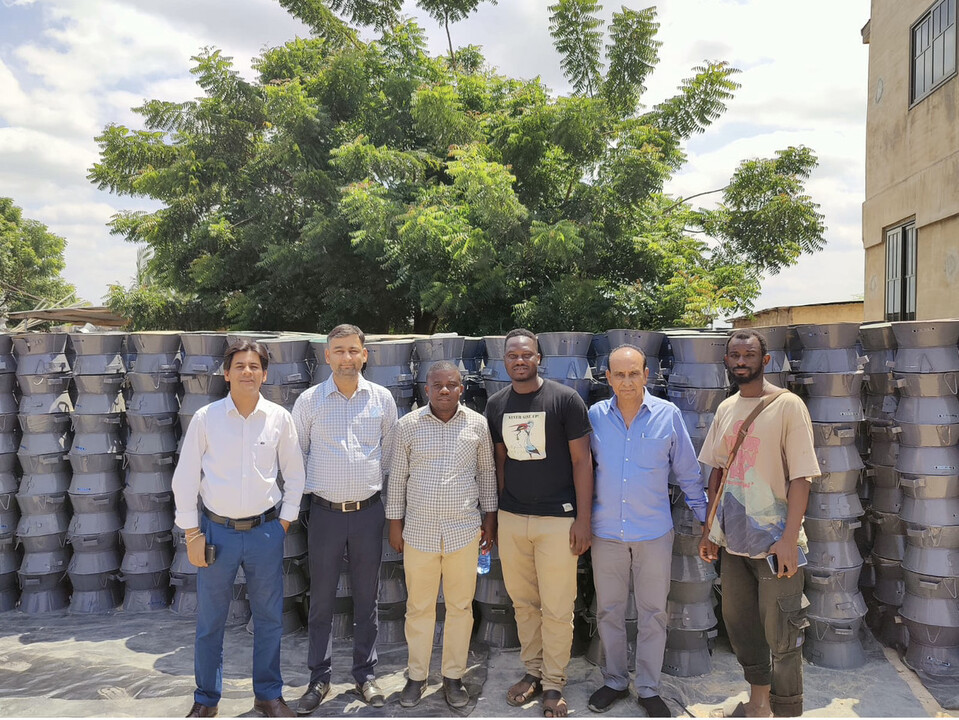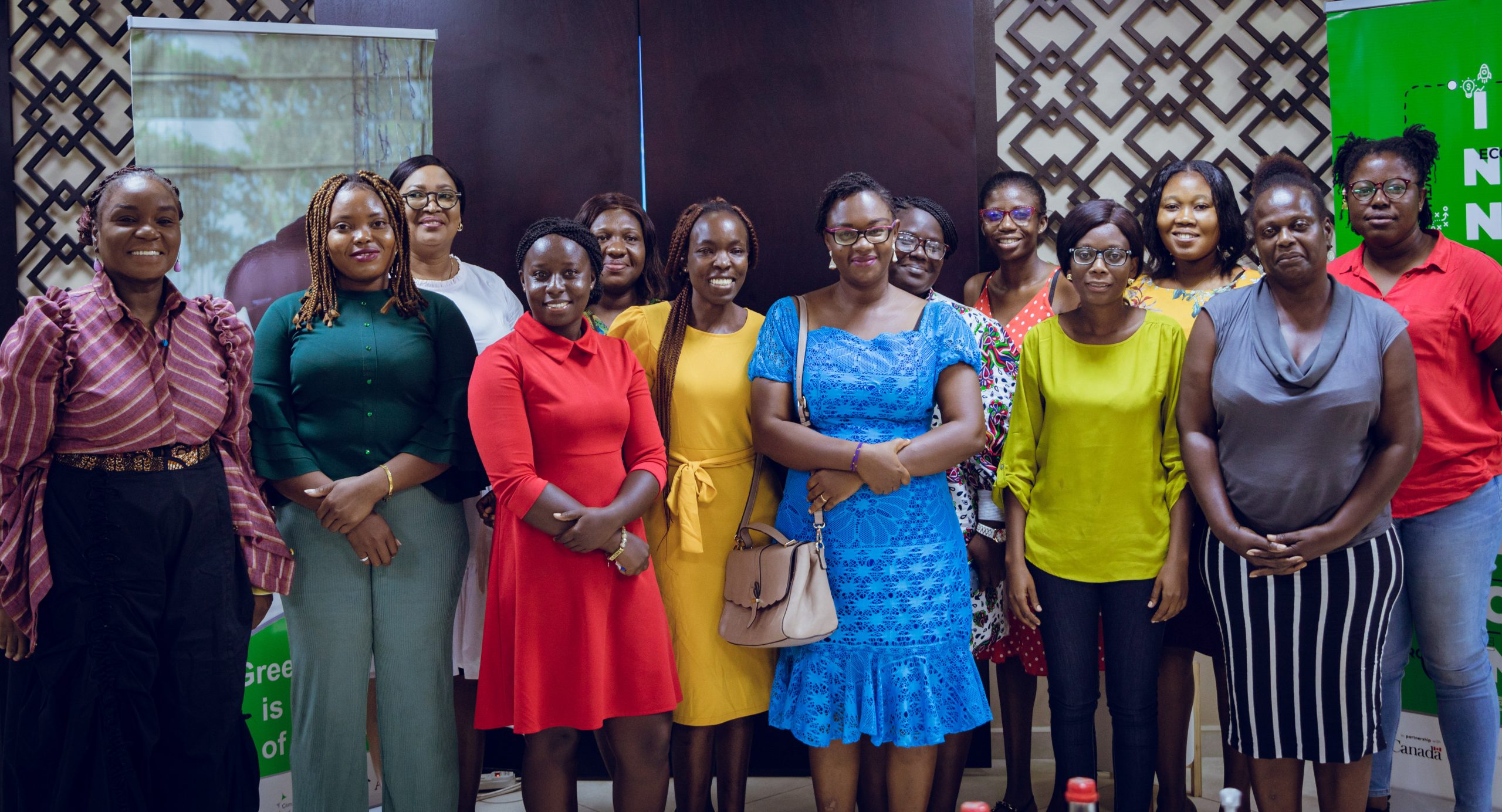Written by: Anne Asantewaa Sackey
Marketing and Communications Director, GCIC
The issue of climate change has become more pressing than ever, and it is now widely recognized that it is imperative to transition towards a greener economy. However, the question remains: how can we achieve this transition? One approach is the facilitation of round table sessions, to drive discussions on policy alternatives.
GCIC recognizes that fiscal policy has the greatest potential for the speedy redress of policy shortcomings that have slowed the transition to a low carbon economy. Through PAGE-Ghana (Policy Alternative for Green Economy), with a focus on advocating for gender sensitive, green, and climate-resilient fiscal policy interventions, the GCIC hosts policy roundtables, undertakes research on policy alternatives and provides inputs into the Government’s Annual Budget process. The roundtables are an opportunity to demonstrate innovation and to improve the effectiveness of its policy advocacy program by focusing on advocating for green, climate-resilient fiscal policy interventions such as Carbon Budgets.
The GCIC is mandated to hold four sessions each year, bringing together male and female stakeholders, such as government officials, business leaders, and environmental advocates, to discuss the opportunities and challenges of transitioning towards a greener economy. By engaging in open and constructive dialogue, participants identify biases, discuss gender-sensitive policy solutions and explore different policy alternatives and identify common ground for action in the green economy.
It is important to note that the Ghana Climate Innovation Centre’s work, supported by Global Affairs Canada, over a period of four (4) years, will incubate a total of 240 climate entrepreneurs in the small and growing business sector from across Ghana.
Under the overarching theme ‘Supporting the Green Economy of Ghana’’, four events were held on the 29th and 30th of March, 19th April and 3rd May 2023, with support from Ernst and Young (EY), GCIC’s monitoring and evaluation and PAGE partner. The key topics cut across various aspects of the green economy and included,
- Benefiting from The Global Carbon Trade Market: The Case of Green Businesses in Ghana
- Assessing The Adequacy of Incentives for Green Businesses in Ghana
- Sensitive Public Financial Management (Green PFM)- The Case of Ghana
Key stakeholders who played a substantial role in the discussions comprised the Economic Strategy Research Division (ESRD) and Tax Policy Unit of the Ministry of Finance, the Environmental Protection Agency (EPA), the Ministry for Environment, Science, Technology, and Innovation (MESTI), the Institute for Environment and Sanitation Studies at the University of Ghana, A Rocha International, the Ghana Revenue Authority (GRA), and the Deutsche Gesellschaft für Internationale Zusammenarbeit (GIZ).
Discussions concluded, with some observations, on the role of the government in Ghana’s pressing need to establish a Ghana Green fund so that revenue generated from the carbon market is utilized to enhance capacity and serve as an opportunity to attract additional financing, and that this role would need to be integrated into the Environmental Protection Agency bill, which is currently being drafted. It was also noted that although the Government of Ghana has taken significant steps in promoting environmental sustainability in recent years more incentives are crucial to attract businesses to invest in cleaner technologies. There also needs to be clearer tax policies on clean power sales, encouraging foreign direct investment (FDI) and improved processes in issuing permits.
With regards to small and medium-sized enterprises (SMEs), enterprises were advised to take advantage of existing funds accessible to organizations, such as the African Development Bank’s $20,000,000, available through Ecobank, for women-led SMEs in the green sector. Other key points raised included strengthening the National Designated Authorities (NDAs), developing the capacity of stakeholders in the sector, and supporting the creation of proposals and potential entities that seek accreditation in Ghana. The participants also emphasized the importance of mainstreaming women in climate issues and providing them with financial support.
Emphasis was also laid on the role of government agencies and their dissemination of policy information effectively and efficiently on green issues. Agencies such as the National Commission for Civic Education (NCCE) needs to be equipped with the necessary logistics and expertise whilst the coordination between policy implementing agencies and their customers/beneficiaries is crucial to give attention to both “lesser” green issues as well as major ones, to ensure that all environmental issues are tackled from all angles.
Finally, all 4 events echoed that compliance with environmental regulations and incentives are critical factors in greening the economy.


